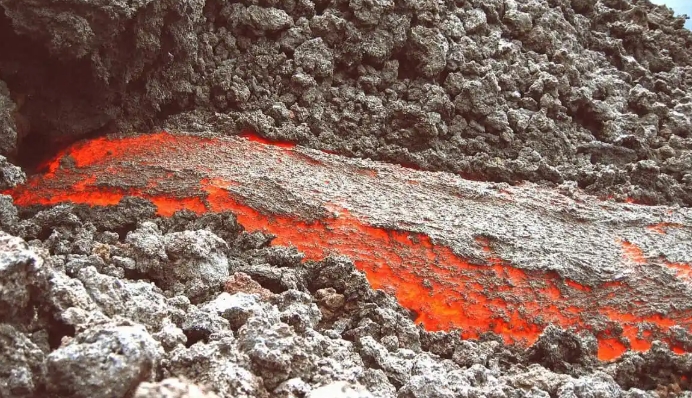Volcanic rock is a fascinating geological material that holds many mysteries waiting to be unraveled. From its definition to its formation process, there are several intriguing aspects to explore.
Definition of Volcanic Rock
Volcanic rock, also known as igneous rock, is a type of rock that forms from the cooling and solidification of magma or lava ejected from a volcano. It is a primary component of the Earth’s crust and can be found in various forms, such as basalt, andesite, and rhyolite.
Formation of Volcanic Rock
The formation of volcanic rock begins deep within the Earth’s mantle, where intense heat and pressure cause rock to melt and form magma. When this magma rises to the surface through volcanic activity, it cools and solidifies to create volcanic rock.
Types of Volcanic Rock
There are several types of volcanic rock, each with its own unique characteristics. Basalt, for example, is a dark-colored rock that forms from rapidly cooling lava, while rhyolite is a light-colored rock that forms from slower cooling magma.
Uses of Volcanic Rock
Volcanic rock has many practical uses, including as a building material, decorative stone, and even as a soil amendment in agriculture. Its porous nature also makes it an ideal material for filtering water in some regions.
Uncovering Mysteries
Despite our understanding of volcanic rock, there are still many mysteries surrounding its formation and properties. Scientists continue to study these rocks to unlock their secrets and gain insight into Earth’s geological history.
In conclusion, volcanic rock is a complex and intriguing material that offers a window into the Earth’s fiery past. By exploring its definition, formation process, and uses, we can uncover the mysteries hidden within these ancient rocks.

